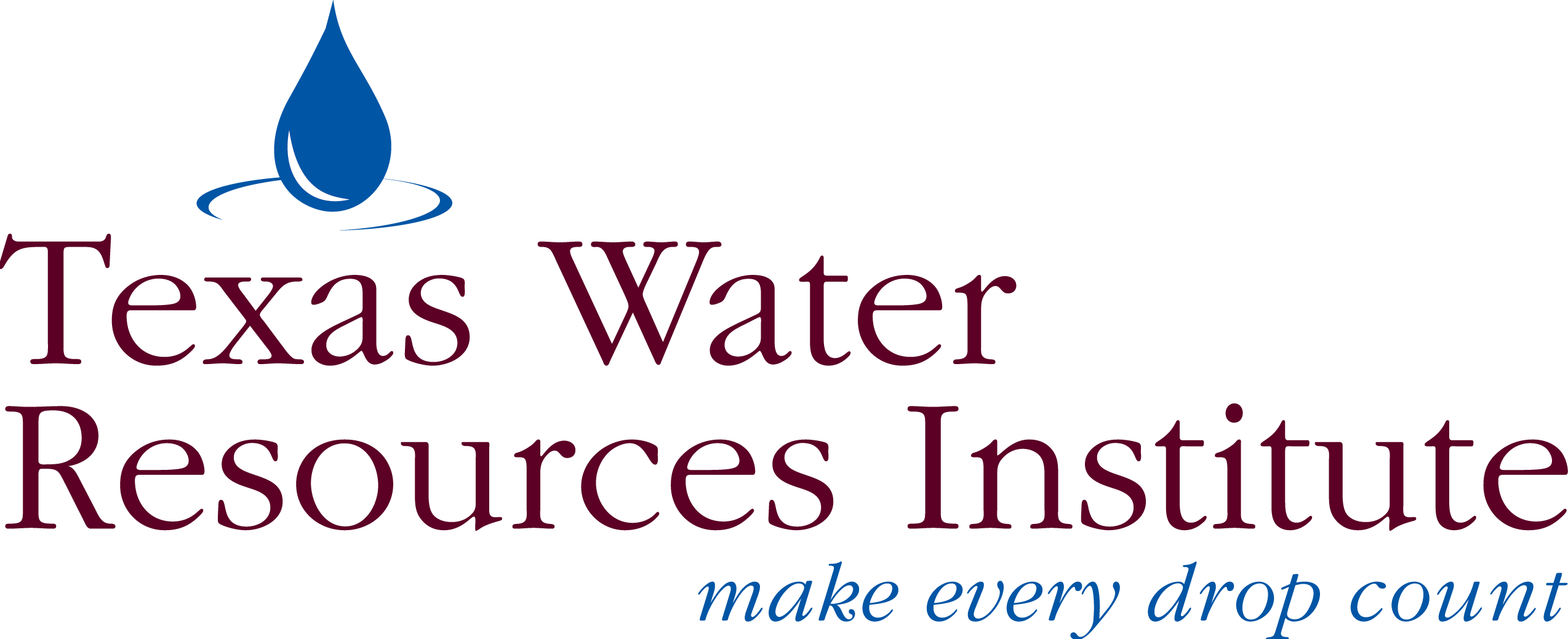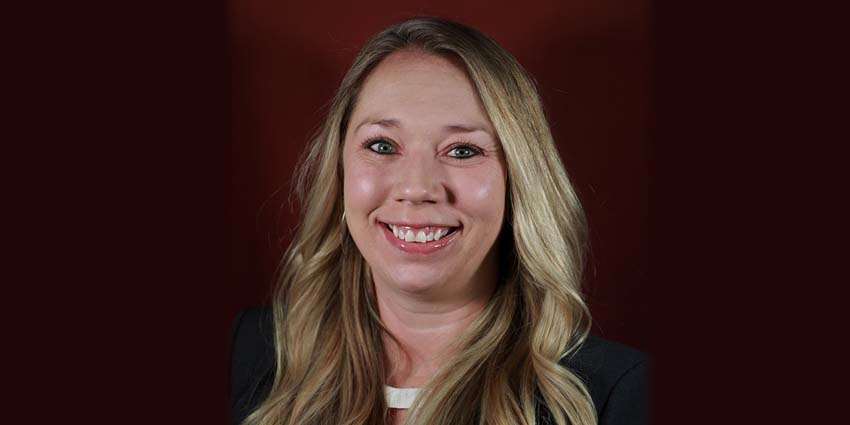Article originally written by September Martin
“I was a science nerd from as far back as I can remember,” said Katie Lewis, Ph.D., associate professor of soil chemistry and fertility, Texas A&M AgriLife Research.
When Lewis was growing up in South Texas, she carried around an old cigar box that she called her “science mate.” It was a homemade science kit that had batteries, wires and other materials that she used to conduct her own science exploration.
Lewis’ love for science continued to grow as she got older. In high school, her interest in chemistry blossomed.
“My high school chemistry teacher was amazing,” she said. “I really liked math and science. And to me, chemistry is the best combination of both of those things.”
After high school, Lewis attended Sam Houston State University (SHSU) as a chemistry major with a horticulture and plant sciences minor. She also competed as part of the SHSU rodeo team.
“Not many people know that I got my way through undergrad on the rodeo team,” she said, “And I was probably the only person from the team to graduate from the chemistry department.”
A future in agriculture
Despite growing up on a farm in South Texas, Lewis never expected to end up in a career focused on agriculture. But she took a soil fertility class at SHSU that changed her outlook. She loved having a class where chemistry was directly applied to soil, and the experience ultimately shaped her work in graduate school and beyond.
Capitalizing on her newfound excitement about applied soil chemistry, Lewis found an opportunity to work as a research assistant in one of the chemistry labs at SHSU.
“Having that opportunity to work alongside some of the scientists in the chemistry department as well as graduate students is what got me interested and more aware of what really was involved in graduate school,” she explained.
Lewis went on to get her doctorate in soil fertility and chemistry at Texas A&M University. Her graduate research focused on reusing waste materials as soil amendments.
“That was kind of my introduction into regenerative agriculture since I was evaluating something that would have been considered a waste material,” she shared. “And then that research exposed me to learning more about carbon and nitrogen cycling, which is really the backbone when we talk about regenerative agriculture.”
When Lewis met her husband during graduate school and was introduced to the High Plains landscape he grew up in, her eyes were further opened to regenerative agriculture. Regenerative agriculture is an approach to farming that reduces pollution, captures carbon and helps to mitigate the effects of climate change. The harsh growing environment of places like Terry County, where her husband is from, makes regenerative agriculture especially beneficial.
Regenerative agriculture
This fall, Lewis and her team from the Texas A&M AgriLife Research and Extension Center in Lubbock, TX received a $10 million grant to implement regenerative agricultural practices in semi-arid ecoregions in Texas and Oklahoma. This research will be the first regenerative agriculture project to cover such a large area. The main goals of the project are to alleviate the risk involved in raising crops and protect the environment and natural resources.
“This project is the greatest success that I’ve had thus far in my career,” Lewis said. “It’s going to be challenging to carry it through the end, but I’m super excited about it.”
Lewis explained that regenerative agricultural practices often result in lower cash crop yields, which has been a major focus of her research. Her interest in the project is not strictly professional because her husband is a cotton farmer in the High Plains. However, considering her own agricultural background in South Texas, she recognizes that there are challenges for farmers everywhere.
“One thing South Texas has is insect problems, but they’re not challenged with limited rainfall and sandy soils,” she said. “So there’s going to be challenges everywhere you go. But to me, the High Plains of Texas is one of the most harsh environments across the state to try to grow a crop.”
Satisfying work
In her work in the High Plains, Lewis’ favorite part of the work is being able to help local farmers. She consults with them about regenerative agriculture and nutrient management, and she helps them work through challenges.
“What touches me the most is when I go to a grower meeting, and a farmer comes up to me afterward and says, ‘Oh, my gosh, I’ve been dealing with this problem. You’ve opened my eyes to some different options.’ To me, that’s the most rewarding part of my job.,” Lewis said.
As one of the only soil scientists within the AgriLife system across the High Plains, Lewis works closely with farmers. She has research plots on several farmers’ fields and attends several grower meetings throughout the year.
Lewis shared that gaining respect amongst the farming community has been one of the major challenges in her career. As a young female agricultural scientist right out of graduate school and a new faculty member, she recognized that she had to gain the farmers’ trust and respect. And an important part of gaining that respect is listening to the farmers and their concerns.
She emphasized that it is important not to be overly confident, but when she attends growers’ meetings she makes sure that the farmers are aware that she has a personal connection to the land and farming operations. She also stays confident in her abilities as a scientist. These two strategies have helped her to gain the respect of the farmers she works with.
“I want to hear about the challenges they are facing and the issues that they are having on their farms because that’s how I grow as a scientist and learn more about the area where I’m working,” Lewis said.
Taking care of the land now and in the future
Lewis would like the public to understand that farmers are the greatest stewards of the land.
“Farmers are doing everything they possibly can to conserve the resources that they have and to protect the environment while still continuing to feed and clothe the world,” she said.
She hopes to help other scientists understand that just because certain regenerative practices work in some parts of the country, it does not mean they will work everywhere. Each area has unique challenges, and the solutions to those challenges need to be tailored to each area.
One way Lewis hopes to further this understanding and is to train graduate students who will let science drive their work. These scientists will be able to adapt and develop solutions to meet unique challenges regardless of where they are working. In doing so, she hopes they will have fulfilling and productive futures.
“I want them to focus on the science, focus on the research and not let themselves get wrapped up in media and what people want them to say,” she explained. “I just want them to be productive, honest scientists.”



